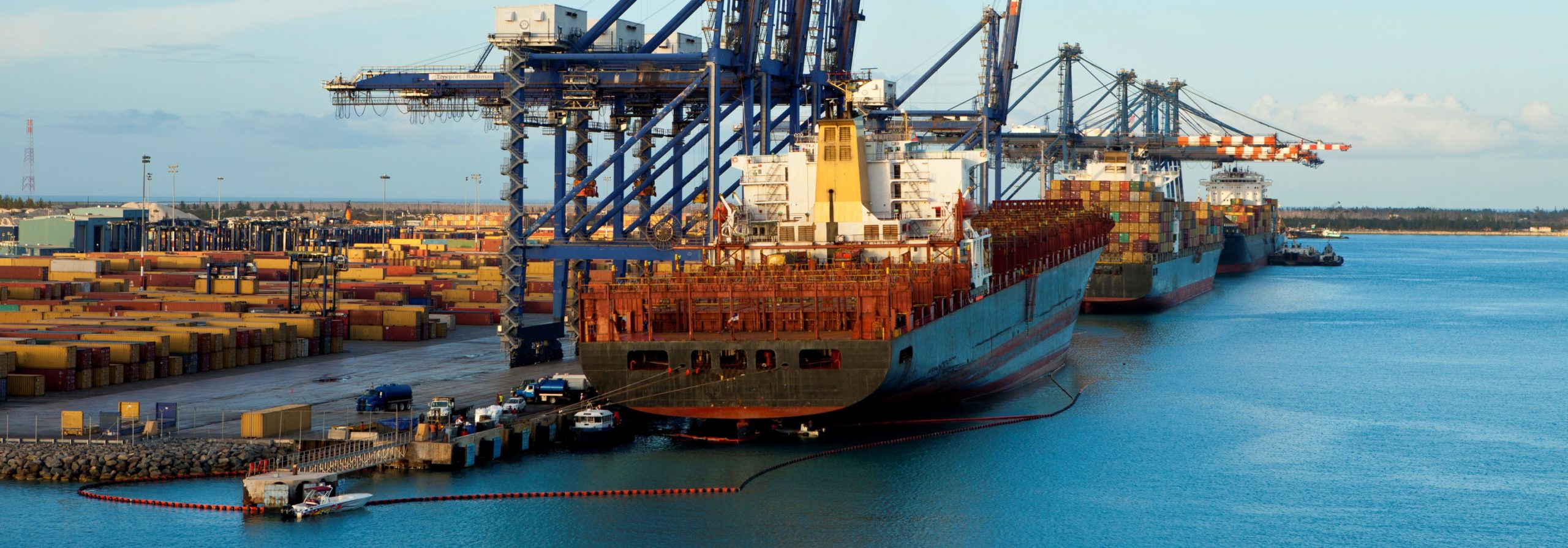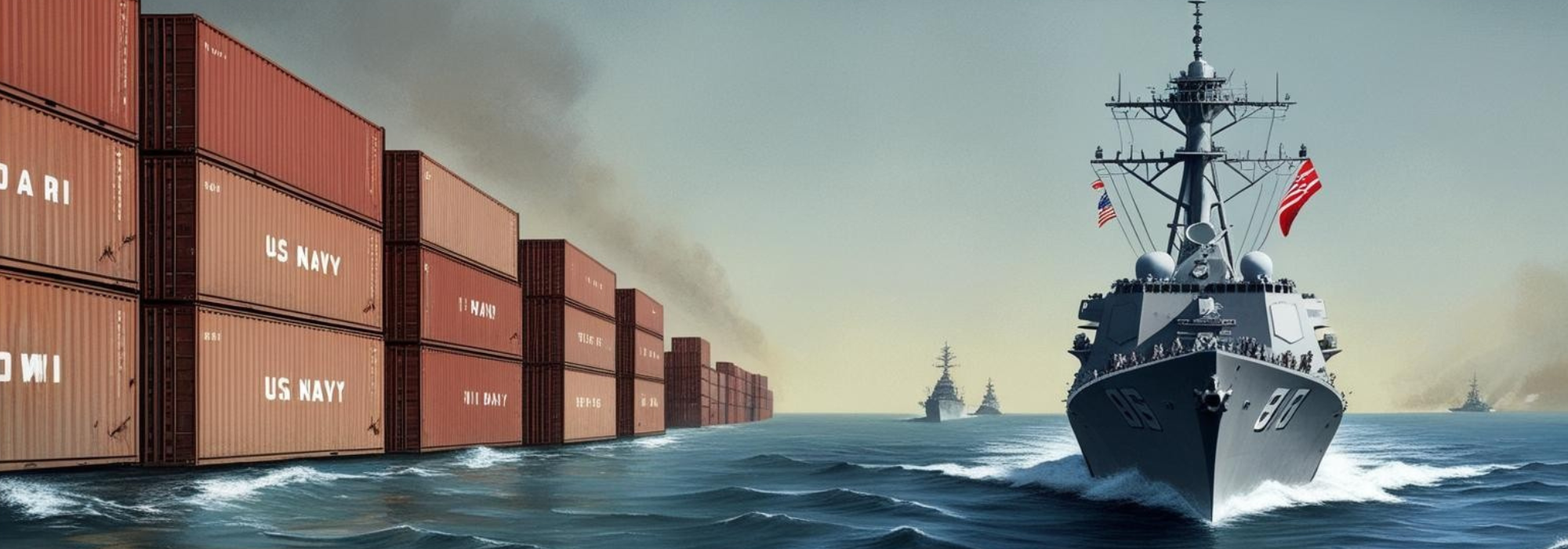Introduction: The Importance of Regulations and Laws in International Shipping
International trade is a cornerstone of the modern global economy, ensuring the safe, legal, and efficient transfer of goods between countries. In this global system, international shipping relies on regulatory frameworks and laws designed to uphold safety standards, protect consumer rights, and prevent the entry of hazardous goods into destination countries. Without adequate regulations, the logistics and trade systems could suffer from significant disruptions, inconsistencies, or losses.
The laws and regulations governing international shipping cover a wide range of areas, including quality control, environmental and safety protections, compliance with customs requirements, intellectual property rights, and international trade agreements. This article will explore the key regulations that guide international shipping processes, explain their significance, and examine their implications for exporters, importers, and shipping companies.
Key Regulations in International Shipping
1. Customs and Import Regulations
Customs is a critical component of any international shipping process, with laws and regulations that impact the entry of goods into the destination country. Each country has unique customs and import laws that aim to collect taxes, protect local producers, and monitor product safety.
- Tariff Regulations: Every country sets different tariff rates on various products based on the product type, origin, and intended use.
- Import Restrictions: Some countries prohibit the import of certain products for safety, public health, or environmental reasons.
- Documentation Requirements: In many countries, customs declarations, import permits, and detailed product labeling are required to ensure the goods’ entry.
2. Safety and Environmental Regulations
As the world focuses more on environmental issues and product safety, many international shipping regulations aim to ensure that goods transported between countries meet safety standards and protect the environment.
- Hazardous Materials Regulations: Dangerous goods such as chemicals require careful handling and are subject to stringent monitoring to prevent environmental harm. For example, hazardous materials transportation requires special safety measures, documentation, and declarations.
- Environmental Standards: Various international organizations, like the European Union, impose restrictions on importing goods that may harm the environment, including bans on plastic use and requirements for recyclable packaging.
- Global Standards Compliance: International standards organizations, such as ISO, set mandatory standards that ensure products meet strict quality and safety requirements for consumer protection.
3. Intellectual Property and Copyright Protection
International shipping exposes goods to global markets, raising concerns over intellectual property rights and copyright infringement. Intellectual property laws are intended to protect products from counterfeiting, infringements, and unauthorized use of rights belonging to developers and manufacturers.
- Prevention of Counterfeit Imports: Intellectual property laws prohibit the import of counterfeit products, such as fake brands, to protect original manufacturers.
- Customs Enforcement of Intellectual Property: In some countries, shipping companies must present intellectual property authorizations to avoid legal issues or product seizures at ports.
4. Public Health Regulations
Alongside environmental and safety regulations, there are also laws to protect public health. Shipping goods such as pharmaceuticals, food, and chemicals requires adherence to strict standards to prevent harm to the public.
- Food and Drug Regulations: Perishable goods such as food, medicines, and vitamins must meet stringent standards, with mandatory documentation and traceability of production and storage processes.
- Food Packaging Regulations: The packaging of products shipped to other countries must comply with safety standards to provide maximum protection against contamination and ensure consumer safety.
International Trade Agreements and Their Impact on Cargo Shipping
Trade agreements between countries significantly influence trade conditions, providing relief, incentives, and benefits for cargo shipping. These agreements enhance economic and logistical cooperation between countries and impact customs duties and taxes.
- Free Trade Agreements: Agreements such as NAFTA or the free trade agreement with the European Union grant tax and customs benefits to participating countries.
- Regional Cooperation: Trade agreements between regional countries offer advantages such as favorable shipping conditions and reduced regulatory barriers.
The Importance of Compliance in Shipping
International shipping companies must ensure full compliance with the various laws and regulations in both the exporting and importing countries. Failure to comply with these regulations may lead to fines, delays, cargo confiscation, and, in some cases, reputational damage to the company. Compliance with customs laws, adherence to environmental and safety standards, and respect for intellectual property rights are essential to successful shipping processes.
Summary: International Shipping Regulations – A Framework for Safety and Reliability in Global Trade
The regulations and laws governing international shipping are essential to ensure public safety, environmental quality, and intellectual property rights, as well as to guarantee a reliable and effective shipping process. These rules enable governments and regulatory bodies to monitor goods, protect consumers, and foster trust in the global market.
Shipping companies that adhere to these regulations contribute to the smooth operation of shipping processes, offering added value to their clients.
Recommendation: Yachad International Shipping and Customs Brokerage Ltd.
If you’re looking for a professional international shipping service with in-depth knowledge of regulations and shipping laws, Yachad International Shipping and Customs Brokerage Ltd. is the right choice for you. Yachad Shipping manages all stages of shipping while strictly adhering to high standards and regulatory requirements, ensuring that your cargo arrives safely and on time. The company provides customized solutions for every need and offers advanced customs brokerage services, guaranteeing full compliance with the destination country’s legal requirements.


















